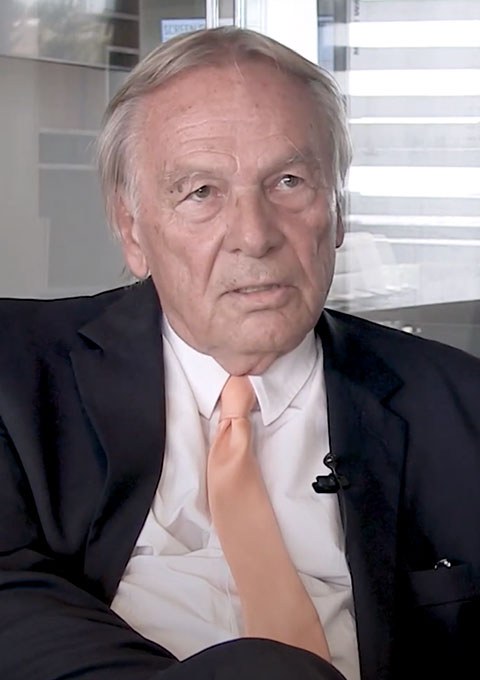This is an exclusive interview with Rim Berahab, Senior Economist at the Policy Center for the New South, who engages with Helmut Sorge, Columnist at the Policy Center for the New South, in a conversation about the great threat of the climate crisis. Rim Berahab is the author of Chapter 13 of the annual Atlantic Currents report. The Atlantic Currents report is the flagship publication of the Atlantic Dialogues conference. The eighth edition of this report is set against the backdrop of a health crisis that is full of lessons and an economic recovery marked by several social, economic, financial and strategic challenges. It attempts to identify the paradigms produced by the pandemic in terms of education, health, trade, respect for human rights, the fight against climate change, etc. As usual, Africa occupies a prominent place in the analyses and projections formulated by the nineteen authors who contributed to the Report, both with regard to the internal dynamics of the Continent and its relationship with the rest of the wider Atlantic area.
Through this series of interviews with some of the Report's authors, we share with you a little bit more!










